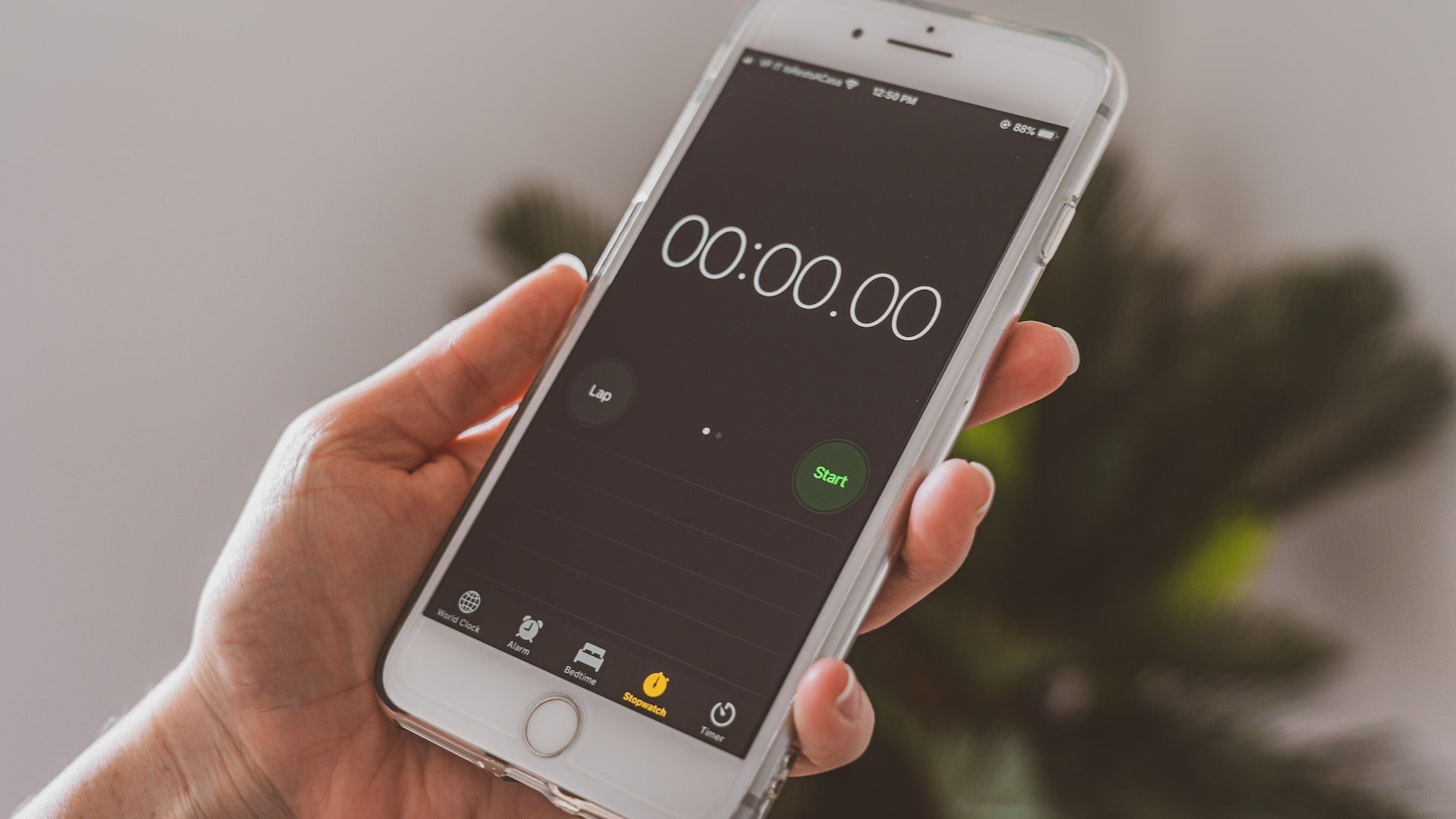Emotional Triggers: Why They Are Important and Why We Need to Understand Them
Understanding our emotional triggers and learning how to communicate our emotions to others when we feel triggered is an essential part of building and maintaining healthy relationships. We all have emotional triggers and sensitivities and they are different for each person. One person may be triggered by a friend canceling their plans last minute whereas a different person may not mind at all. The person who does feel triggered by this event may have grown up with an absent parent who made empty promises and never delivered. The incident of their friend canceling their plans triggers this past emotional sensitivity, which results in disappointment, frustration, and sadness. Often time the person who feels triggered does not even recognize that the present event is linked to their past, which is why it is important to bring awareness to these processes.
Once you begin to understand how and why certain emotions get kicked up for you, then you can use self-regulation techniques to manage these emotional disturbances. You can look at the situation described above and say, “My friend is not trying to hurt me by cancelling last minute. This is just a sensitive topic for me.” You can take the next step by communicating that to your friend by saying, “It really hurt me when you cancelled last minute on me, but I recognize that is an emotional sensitivity of mine.”
Depending on how comfortable you are with your friend, you may even go into how your parent made repeated empty promises to you as a kid and how that is a sensitive subject for you. This can be an advanced style of communication that is very vulnerable and may not work with all your relationships. The relationships that do support this type of communication will be stronger as a result. This is especially true with couples.
Therapy is a place where couples and individuals can explore these emotional sensitivities and gain more awareness into what triggers these emotional disturbances. When we are emotionally dysregulated, we often are impulsive with our responses. We say things such as, “My friend is such an inconsiderate and rude person for cancelling on me last minute. Who does that?” This is negative interpretation of their behavior and only creates a further divide in the relationship. It also lacks the step of inwardly reflecting on how this action made you feel. You can end the relationship with the person who made you feel this way, but chances are that your emotional sensitivities and triggers will rearise in future relationships. The only way to improve the situation is to begin understanding what triggers you and why.

